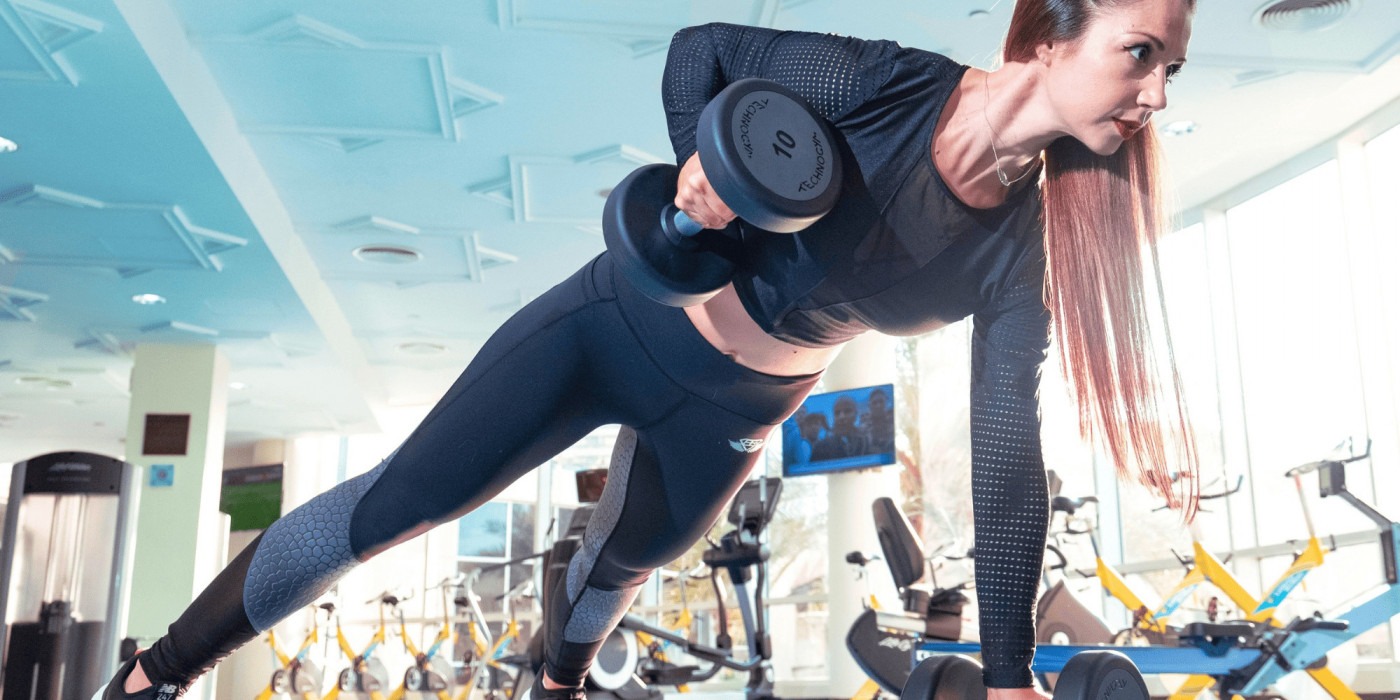Approaching exercise as a beginner
Exercise can prove to be an amazing tool for improving your physique, mental wellbeing, and long-term health, but actually incorporating it into your lifestyle can seem daunting at first. So, from someone who once couldn’t bear the thought of doing an hour of PE to someone who now has grown to love so many forms of fitness, here is my advice for beginners looking to improve their relationship with exercise.
Firstly, it’s a cliche, but it’s true – the best way to get the most out of exercise is to set small, achievable goals for yourself. While the thought of losing 20kg in two months might initially seem exciting, it’s these lofty goals that can cause you to lose motivation, because you’re not seeing results in the short-term. Plus, you just don’t have time to do a full two hour stretching and workout session every day.
When you don’t have statistics to rely on, it will be the positive feelings you’ve attached to exercising that will carry you through
Instead, set yourself goals that you can raise and lower when you’re ready – even if your accomplishment for the day is just holding a plank for three more seconds or walking the recommended 10,000 steps a day. This is also a really good way to build exercise into your daily routine. You don’t have to schedule and have a fixed exercise goal for it to be good for you. It’s instinctual to set numerical goals because they are an easy way to track progress, such as the weight you can lift, or the speed you run. However, it can be much more rewarding to measure your progress by thinking about how you feel rather than simply collecting data.
Are you starting to feel an endorphin rush at the end of your session? How has your technique improved? Is exercise having a positive contribution towards improving your mental health and wellbeing? If you’re looking to stick with exercise in the long term, these feelings are what will motivate you when the going gets tough. Often, you might see the numbers change in the first week or so, and then come to a standstill. This is not because nothing is happening, but because your body is learning to adapt to your new lifestyle. When you don’t have statistics to rely on, it will be the positive feelings you’ve attached to exercising that will carry you through.
It’ll be these same feelings that save you from your potential nemesis: comparison. Bodies are strange, complicated, and sometimes stubborn things, and their complexities simply aren’t reflected in measurements such as weight, speed, or the flatness of your stomach. It’s also for this exact reason that comparison is so useless. Everyone’s body is different, and so are their lifestyles, their goals, and their genetics. It can be mentally draining at best and dangerous at worst to be questioning yourself in relation to other people.
Variety protects you from boredom and gives you the opportunity to chase those positive feelings
There are a few ways to break free of this thought pattern. The main one is to never punish yourself. Allow yourself rest, in the form of allowing yourself to breathe and drink water during your sessions. Take a day off at least once or twice a week and allow your body to fully recover. When things aren’t turning out as you hoped, it’s not because you’re necessarily doing something wrong, but once again, because bodies can sometimes be stubborn.
This links to my final and arguably most important tip: the best way to figure out what works for you is to try everything! There are more forms of exercise than just running and going to the gym. Join a sports team, go swimming, take a day trip with friends to go for a hike and a meal together, basically, anything that will raise your heart rate. Variety protects you from boredom and gives you the opportunity to chase those positive feelings that exercise is supposed to provide.
Ultimately, the key takeaway is to incorporate exercise into your life alongside the patience and ability to change and adapt as you wish, as a tool to make you feel good, nobody else.

Comments